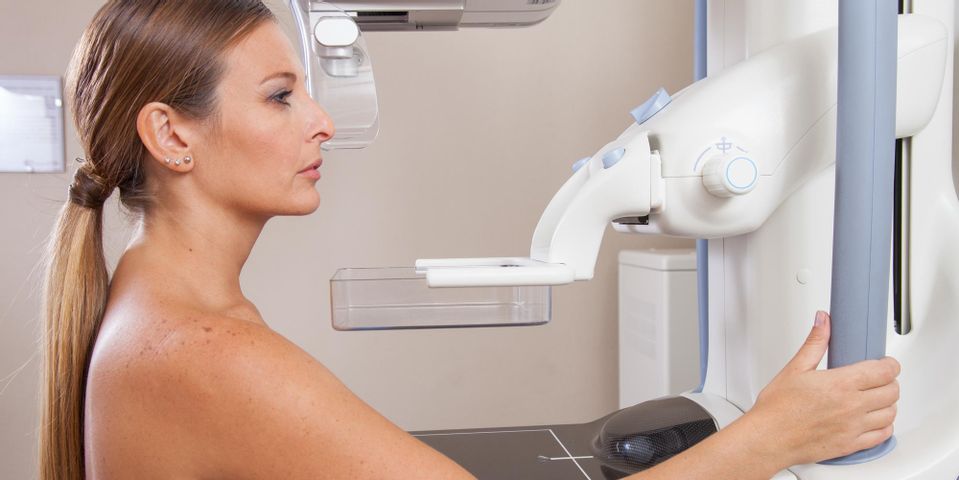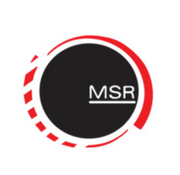
Thanks to Breast Cancer Awareness Month, more women have the knowledge they need to protect themselves against the condition with screenings. If you've had a mammogram recently, you might have heard the doctor mention breast density. While your care provider can answer questions in more detail, this guide will acquaint you with the basics.
What to Know About Breast Density
What are dense breasts?
All breasts have fatty, fibrous, and glandular tissue. Most women have mainly low-density fatty tissue on both sides.
However, some women have breasts with denser deposits throughout or higher amounts of glandular and fibrous tissue. These patients have denser breasts.
Who is more likely to have them?
Mammograms determine breast density. While more research is needed to determine why some women are more prone to having denser tissue, several factors are believed to influence this.
 Younger women tend to have denser breasts, an issue that typically disappears with age. Hormonal changes from pregnancy, breastfeeding, and menopause treatments can also increase density. Women with less fat on their bodies may also have denser tissue in the area.
Younger women tend to have denser breasts, an issue that typically disappears with age. Hormonal changes from pregnancy, breastfeeding, and menopause treatments can also increase density. Women with less fat on their bodies may also have denser tissue in the area.
Does this affect my health?
It can be more challenging for a standard mammogram to detect cancer on denser breasts because glandular and fibrous tissue can hide growths and lumps.
Density is also thought to increase a woman’s overall cancer risk, although more research is needed to determine why. However, these factors aren’t linked to a higher fatality risk.
Do I need additional testing?
All women need mammograms every one to two years after the age of 40.
If you have dense breasts, schedule annual screenings even if you don’t have other risk factors, such as a family history of breast cancer. A doctor may also recommend getting additional ultrasound and magnetic resonance imaging (MRI) scans for more detailed images and information.
Take a proactive approach to your health with services from Main Street Radiology in Bayside, NY. A designated breast cancer screening center, this facility is accredited by the American College of Radiology and offers mammograms, MRI scans, and ultrasounds. Call (718) 428-1500 to make an appointment, or learn more about mammograms online.
About the Business
(73 reviews)
Have a question? Ask the experts!
Send your question

